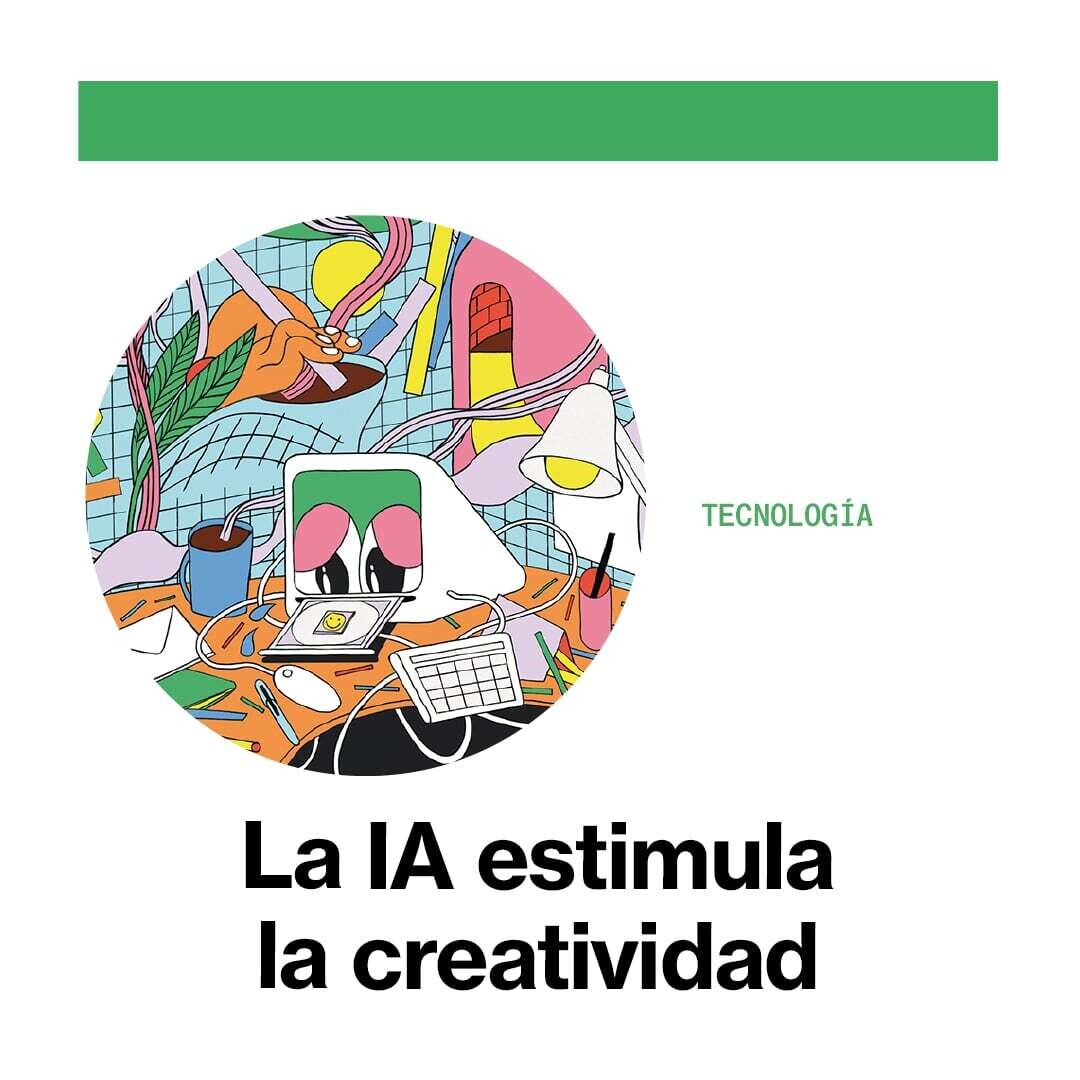
Colin Dunn's startup, Visual Electric Co., has created an innovative web interface aimed at fostering creativity similar to a brainstorming session. The tool automatically rewrites instructions, alters aesthetics, and plays with the freedom of interpretation of AI. This approach seeks to inspire what Dunn calls "hallucinations," where artificial intelligence gets tangled in its training data to produce sometimes unexpected and fascinating creative results.
For Dunn, a former designer for major companies like Dropbox and Facebook, the failures of AI image generation services like Midjourney and Dall-E can be a source of inspiration. In the case of filmmaker Paul Trillo, he utilized the psychedelic effects of an AI program for his short film "Thank You for Not Answering." Through experimentation and embracing "flaws," new creative possibilities are explored.
The idea of incorporating doses of controlled "hallucination" in AI systems is gaining traction. Developers like Anastasis Germanidis from Runway AI Inc. have observed how creative professionals use intricate instructions to provoke surreal and out-of-the-ordinary results. While precision is key in certain contexts, allowing space for imagination and error can lead to unexpected and unique discoveries.
On its part, Inworld AI, focused on developing computer characters for video games, has implemented a "fourth wall" function to limit character responses to players. Visual Electric's proposal with its gallery of AI-generated miniatures also invites chaotic and disorderly exploration, often resulting in accurate ideas after an initial negative impression.
However, the discussion about AI systems' "hallucinations" is not limited to the creative realm. Concerns about accuracy and the perception of truth in a context where machines can "hallucinate" pose ethical and trust challenges. Companies like Galileo have developed indices to measure the accuracy of AI systems, but the complexity of the issue suggests that there may not be a definitive solution in the short term.










